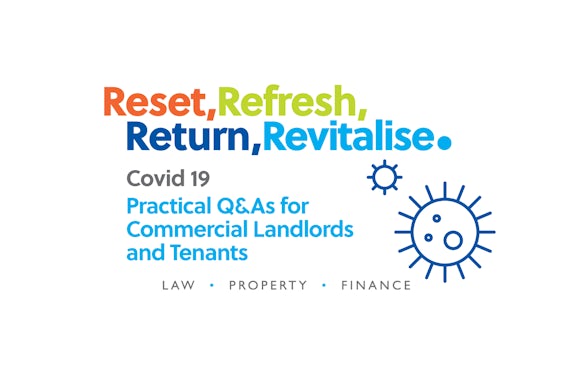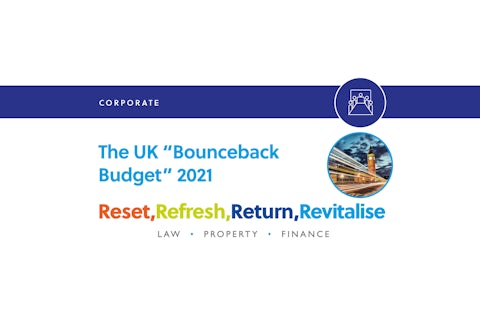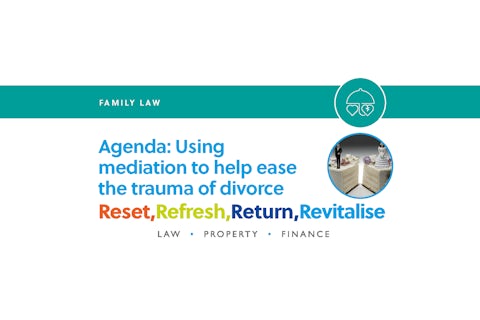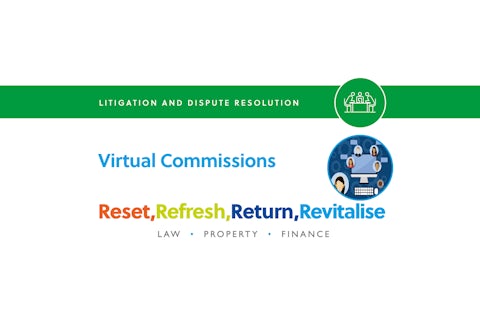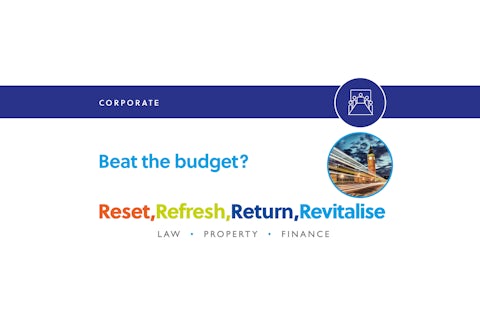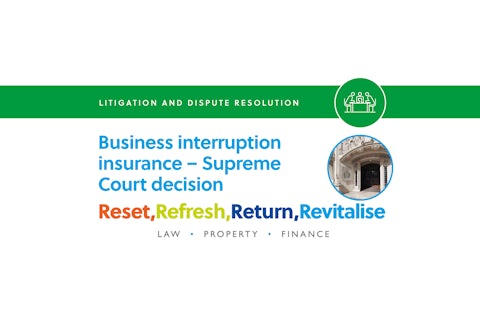The effects of COVID-19 have been far reaching in the property sector, and they will continue to be felt for some time with social distancing set to become the new normal and the looming sword of Damocles of a second wave. Landlords and tenants alike are both feeling the pressure, and whilst the government is keen to see them work together and find common ground, here we look at answers to some frequently asked questions under commercial leases that go beyond the usual “can a tenant terminate its lease?”, “can a tenant refuse to pay rent?”, or “what can be agreed where a tenant has difficulty paying its rent?”. The context is that we are dealing with a commercial building comprising multiple tenancies and with common parts. The answers provided are generic and depend on the exact nature and type of the property and the terms of the relevant lease.
- Can a landlord close common parts?
Yes. Most commercial leases provide that tenant access to common parts may be suspended in emergencies. If, in response to an imminent threat from COVID-19, a landlord acting reasonably deemed it necessary to close the common parts to protect tenants and the public, that would appear to be in response to an emergency. Similarly, if a statutory or health body required closure for health reasons, that would also be an emergency.
- Are costs of a deep clean or other measure to comply with health requirements or social distancing recoverable through the service charge?
Yes. Most service charge regimes provide for the recovery of cleaning costs and for modifying and amending common areas (within reason). The costs of a deep clean are likely to be more than those of typical cleaning, but they should still be covered under the cleaning head and it would be difficult to dispute that they are reasonably incurred. There is also usually a sweeper service charge clause to pick up miscellaneous costs, and this might be useful in the circumstances. Regard must be had to specific service charge exclusions and caps and any exclusive rights though.
- Should a tenant query payment of budgeted service charge?
Yes. The service charge budget will likely have been calculated and set before the implications of COVID-19 came to the fore. Although any overpayment / underspend will eventually be flushed out in the reconciliation, this does not help tenants that are strapped for cash. So, landlords and tenants should speak to agree the likely reduced service cost spend and to avoid overpayment by tenants. This will, if anything, help tenants with payments of other rents which is beneficial for all concerned.
- Is a tenant entitled to rent suspension?
No. Most rent suspension clauses require there to be damage or destruction of the building before they apply. COVID-19 is unlikely to cause damage or destruction and so rent suspension will not be triggered. A specific COVID-19 (or similar) clause by reference to rent suspension would be needed for rent suspension to apply in such circumstances, and such clauses are likely to be used in the future.
- What happens if a landlord / tenant can’t commission an EPC?
If due to COVID-19 it has not been possible for the energy assessor to inspect the property to prepare an EPC, it is unlikely that the enforcement authority would take enforcement action given the current circumstances. However, the EPC COVID-19 guidance does confirm that the legal requirement to obtain an EPC in the usual way does remain in place, and so parties must do all they can to comply with the same as much as they can.
- Is a tenant required to deep clean premises when a lease ends?
No, although it may carry out a deep clean anyway to comply with its own obligations to its employees and visitors. Deep cleaning on an industrial scale would not be reasonable though and a tenant would be expected to return the premises to state and condition prescribed by the terms of the lease. A landlord is likely to want to carry out more thorough cleaning before letting any premises, and such cleaning may be recoverable through the service charge. All parties should have regard to the requirements of any statutory or health body.
The practical implications of COVID-19 continue to evolve, and it is important to keep in touch with managing agents and management teams to ensure they are communicating with tenants as effectively as possible. What happens now will create a blueprint for future generations to follow, and so it is vital that balance and fairness is reached on such practical points. Landlords and tenants should also look at their own business interruption insurance, as this may provide additional assistance and answers.
If you would like advice tailored to your specific circumstances, please get in touch.
The information and opinions contained in this blog are for information only. They are not intended to constitute advice and should not be relied upon or considered as a replacement for advice. Before acting on any of the information contained in this blog, please seek specific advice from Gilson Gray.

